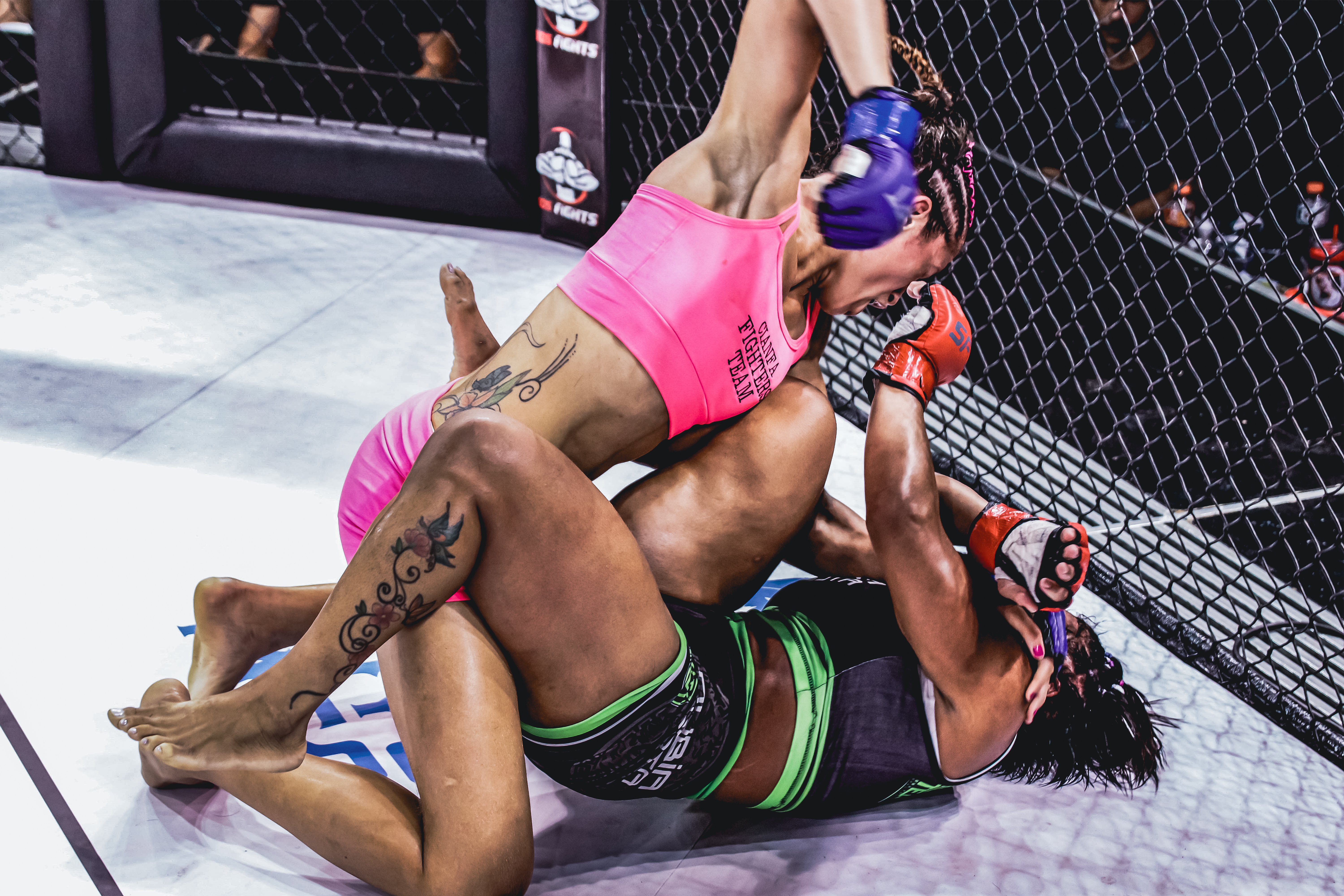
Determining a definitive winner between Brazilian Jiu-Jitsu (BJJ) and wrestling in a combat sports context is challenging due to the distinct characteristics and strengths of each discipline.
Brazilian Jiu-Jitsu, known for its focus on ground fighting and submission techniques, emphasizes controlling an opponent, leading to a submission via joint locks or chokeholds. This discipline is particularly effective in situations where the fight goes to the ground. BJJ practitioners are trained to be comfortable on their backs and use leverage to defeat larger and stronger opponents, making it highly effective in self-defense scenarios.
Wrestling, on the other hand, centers around gaining and maintaining a dominant position over an opponent and uses techniques like takedowns, throws, and pins. Wrestlers are known for their exceptional strength, conditioning, and ability to control opponents on the ground, though without the specific submission focus found in BJJ.
In a hypothetical matchup, the outcome would heavily depend on various factors, including the rules of the engagement, the skill level of the practitioners, and the specific circumstances of the encounter. For example:

1. Rule Set: In a BJJ competition, a wrestler might struggle against a skilled BJJ practitioner’s submission game. Conversely, in a wrestling match, a BJJ fighter might find it difficult to cope with a wrestler’s takedown and control techniques.
2. Skill Levels: The proficiency level of the practitioners plays a significant role. A highly skilled wrestler could potentially control and neutralize a less experienced BJJ practitioner, and vice versa.
3. MMA Context: In mixed martial arts (MMA), both wrestling and BJJ are invaluable, and fighters often train in both disciplines. Wrestlers may have the advantage in controlling where the fight takes place, but BJJ practitioners can be very dangerous with submission attempts from various positions.
In summary, both Brazilian Jiu-Jitsu and wrestling have their strengths and can be dominant in different scenarios. The effectiveness of each in a head-to-head matchup largely depends on the context of the fight and the skill level of the individuals involved. Both disciplines contribute significantly to the skill sets of well-rounded martial artists, particularly in MMA.
